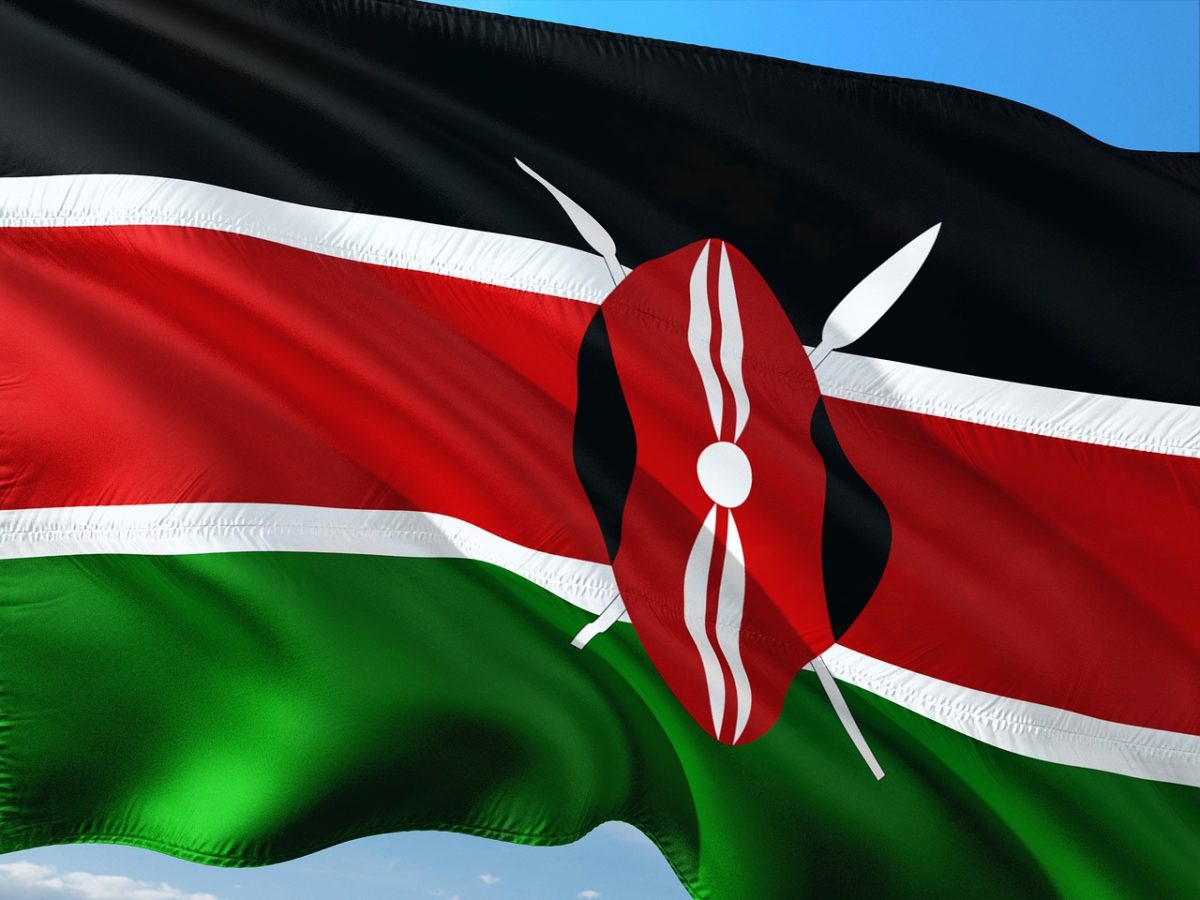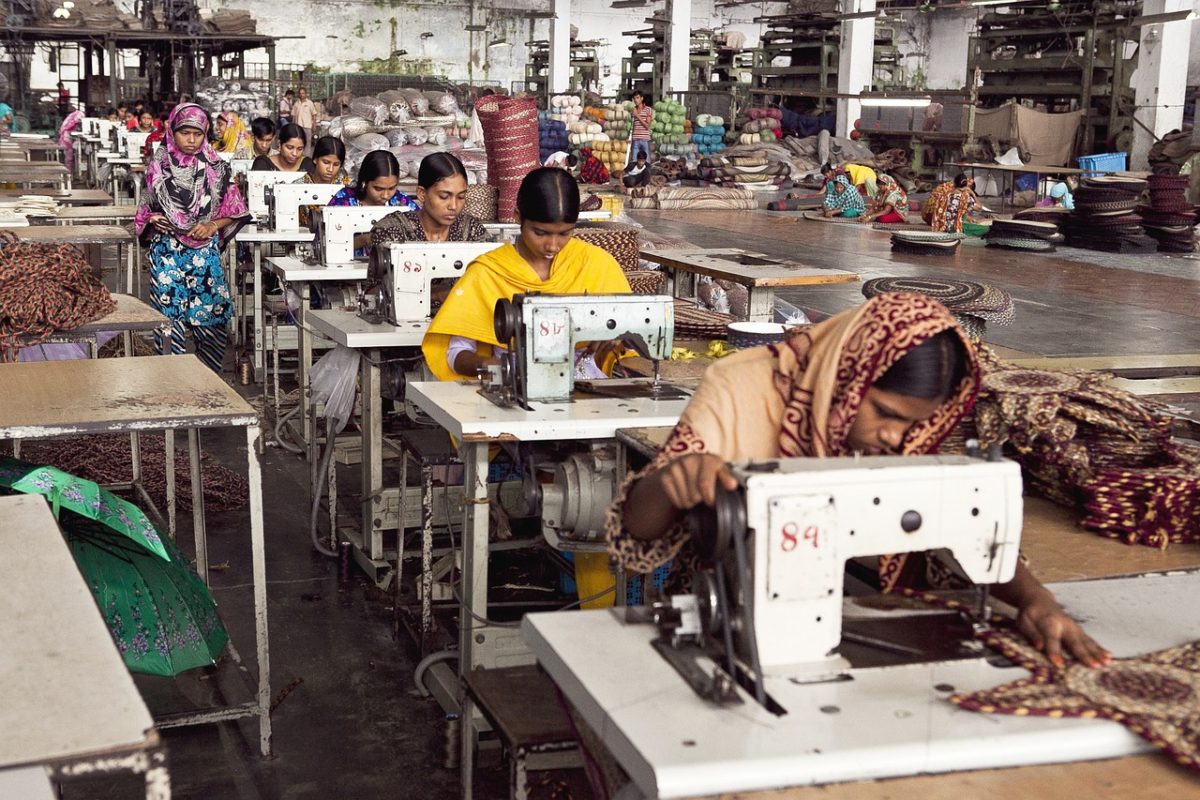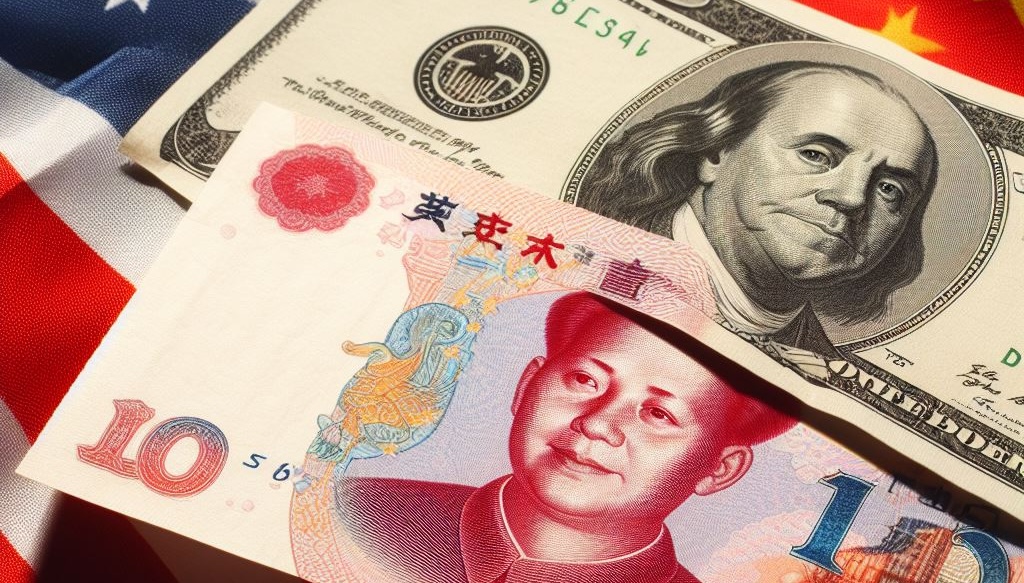Q: “has China shown the IMF, the deal that has supposedly been struck between the China EXIM Bank and Sri Lanka?”
A: “We have not seen the details of this yet, but this again should come out through our routine engagement.”
Transcript of the Press Briefing on the 2023 China Article IV Consultation Mission
That exchange, in the latest press briefing by the IMF on China, caused us to revisit our post on Sri Lanka’s debt situation and provides an opportunity to expand on the broader geopolitical issues at play.
China’s interactions with multilateral financial institutions embody its larger international ambitions. Through strategic policy choices and leveraging its creditor status, China is actively working to transform these institutions, seeking a balance between its duties and rights, and striving to infuse the global financial governance structure with its own brand of influence.
Continue reading “China and multilateral financial institutions”


